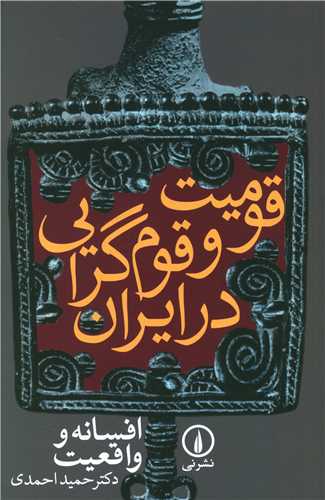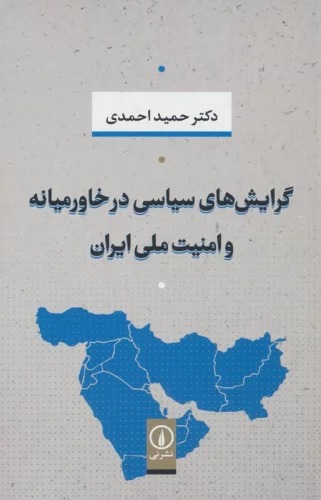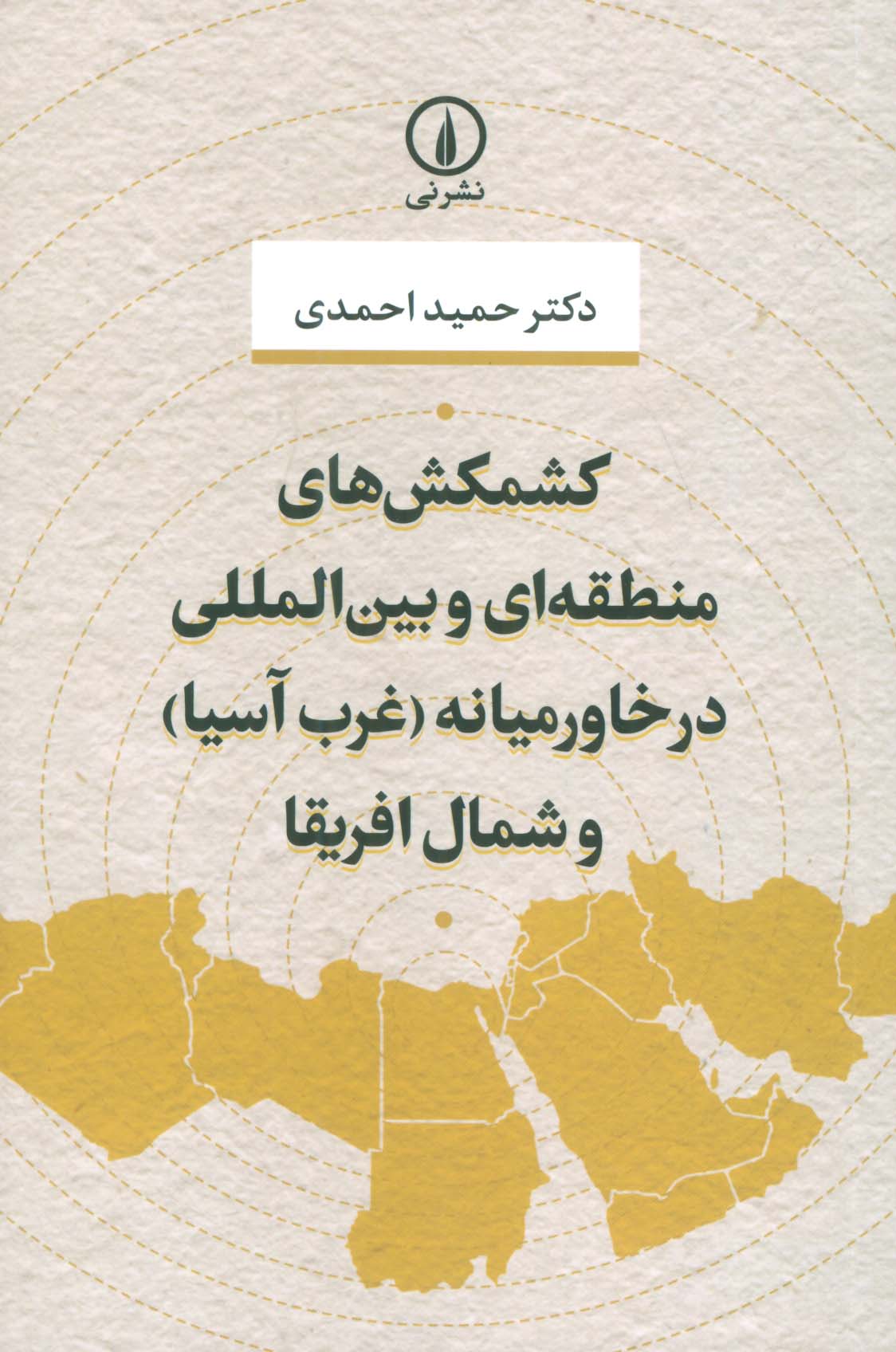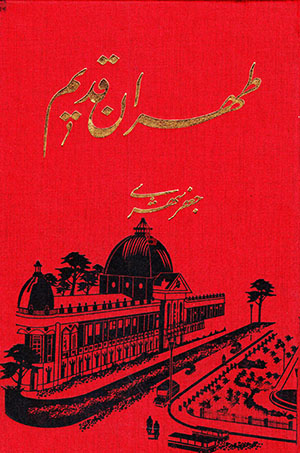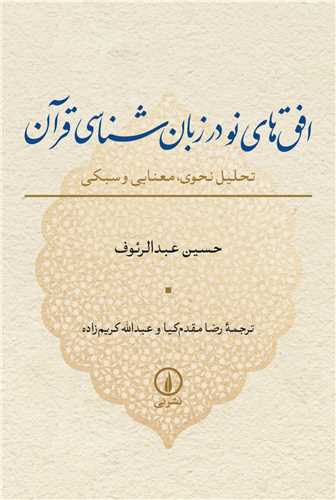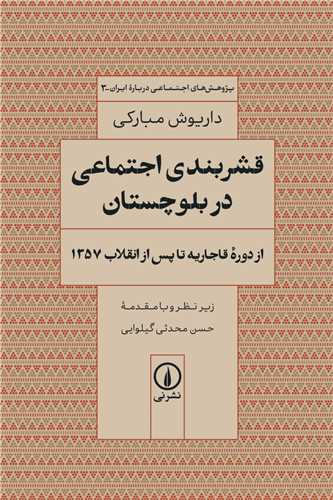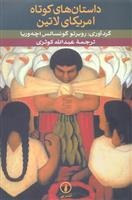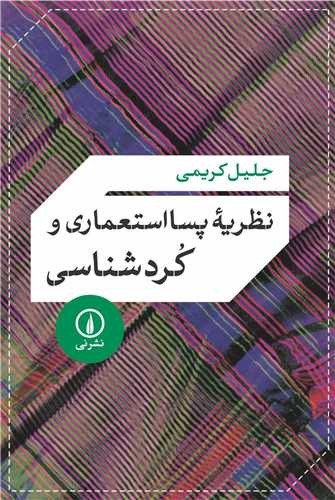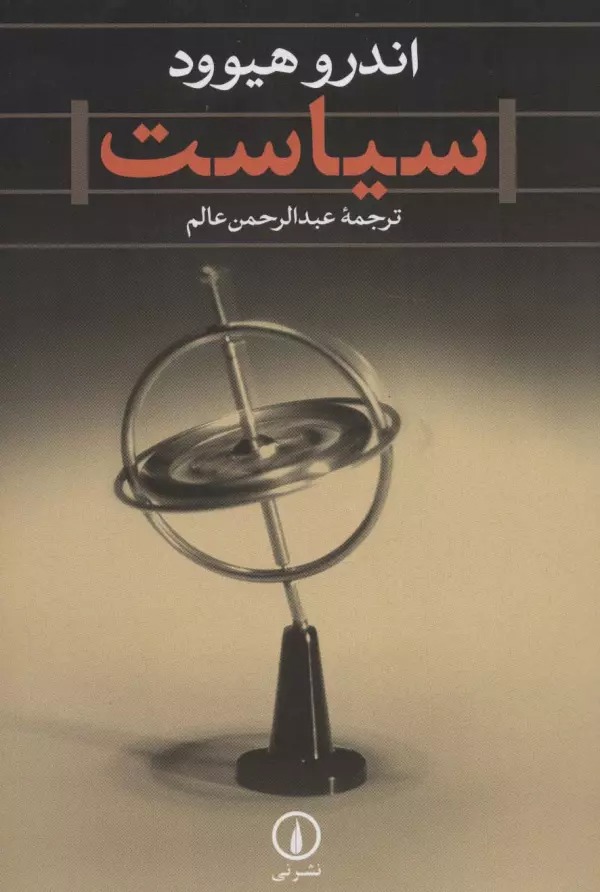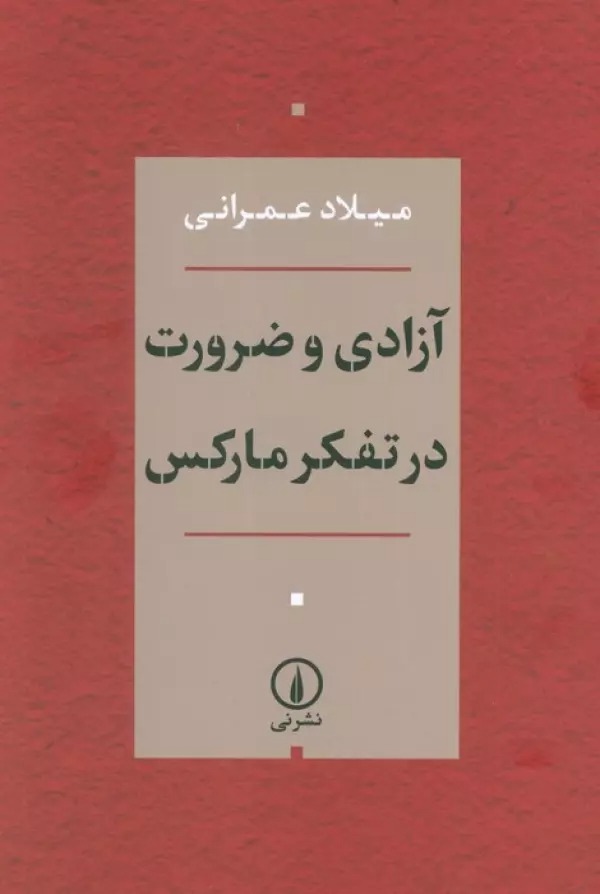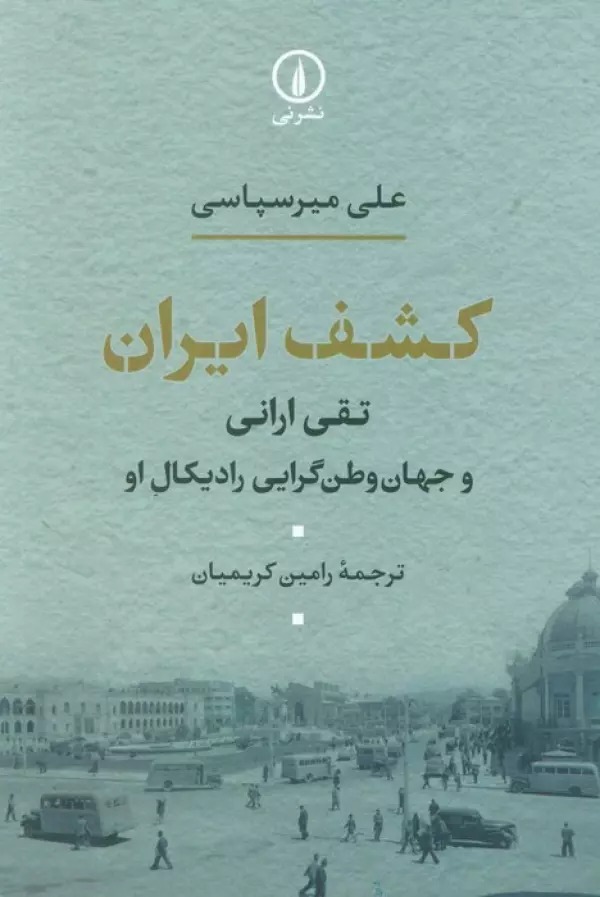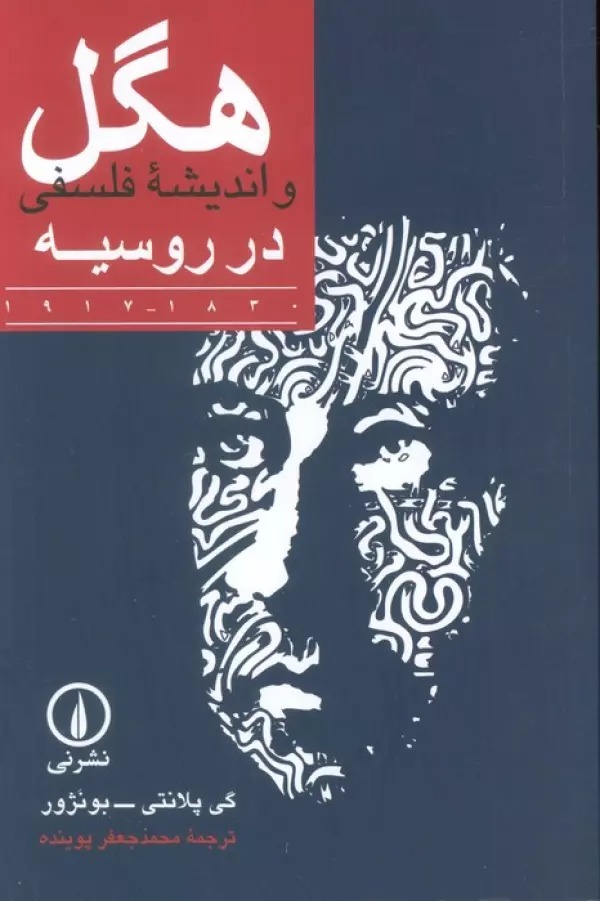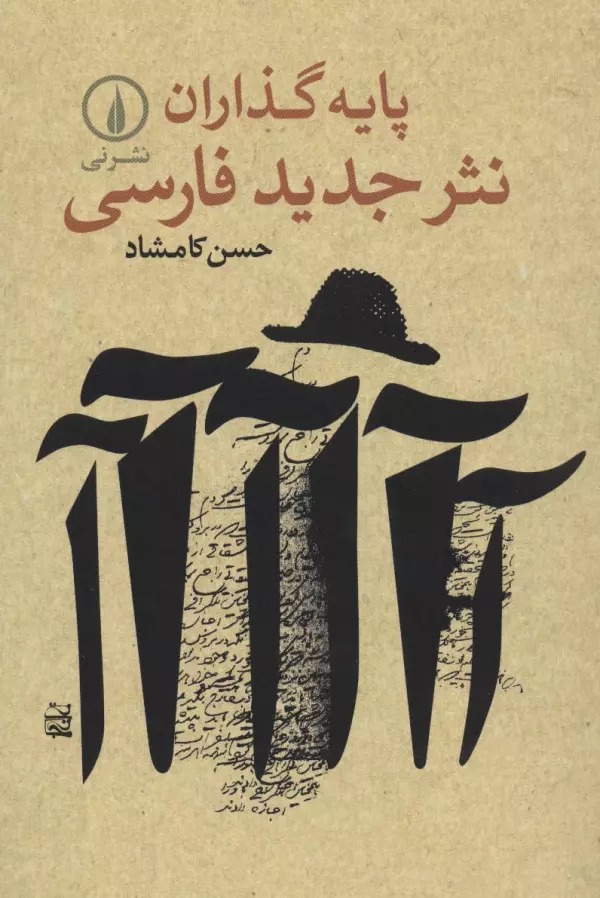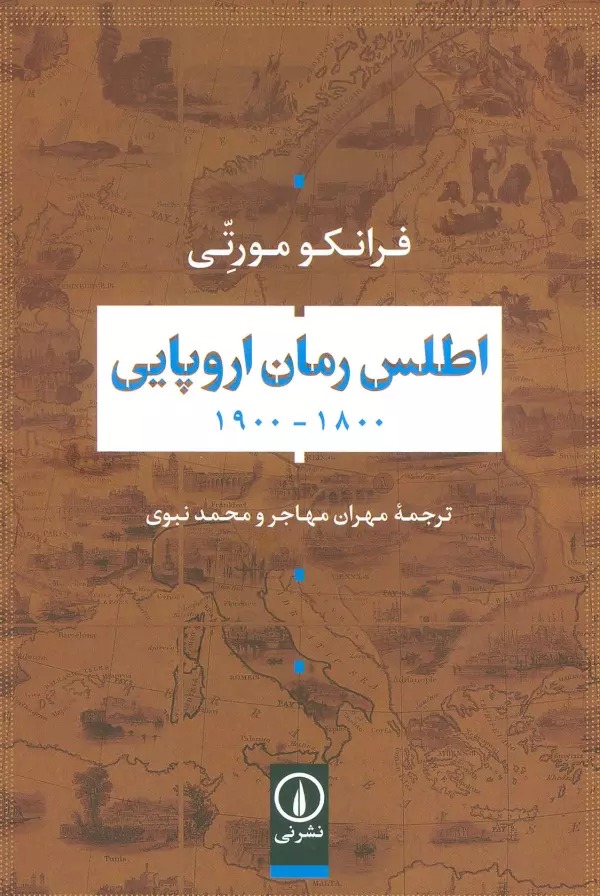Qawmīyat va Qawm'garāyī dar Īrān, az Afsānah ta Vāqi'īyat: Persiska (Farsi) 1402
قومیت و قومگرایی در ایران، از افسانه تا واقعیت
21,49 €
Dela
Wishlist
Originaltitel:
قومیت و قومگرایی در ایران، از افسانه تا واقعیت
ISBN:
9789643124243
Förlag:
Nashr-i niy
Åldersgrupp:
Vuxen
Sidor:
448
Vikt:
532 g
Produktmått:
14 x 21 x 4 cm
Bokomslag:
Pocketbok
This research takes a critical look at ethnic studies from a methodological point of view and aims to evaluate issues such as ethnicity, nationality, and identity with a critical look at ethnic studies in the West and the non-historical generalization of the concepts of ethnicity, ethnocentrism, and tribes to societies such as Iran. put
The author believes that what is known as ethnicity and ethnic nationalism in the current literature of political science and sociology is not visible in Iran's past, and it is only from the middle of the 20th century onwards that efforts have been made to politicize linguistic and religious issues. In response to the question of what factors have played a role in trying to politicize these issues in contemporary Iran, he believes that only a theoretical framework based on the historical sociology of Iran can answer this question. The author applies his theoretical framework, which is based on the three basic variables of the modern authoritarian state, the struggle of political elites, and international political influence, about the developments in Kurdistan, Azerbaijan, and Baluchistan, Iran, to measure its empirical validity.
Hamid Ahmadi was born in 1336 in Mashhad. He completed his high school education there and his university education in the field of political science at the University of Tehran and Carleton University in Canada at the doctorate level. In the years 1360 to 1369, he worked as a political commentator and translator of Middle East issues in the press. Ahmadi is currently a political science professor at Tehran University.
more
این پژوهش نگاهی انتقادی به مطالعات قومی از دیدگاه روش شناسی دارد و برآن است تا مسائلی نظیر قومیت، ملیت و هویت را با نگاهی نقادانه به مطالعات قومی در غرب و شیوه ی تعمیم غیرتاریخی مفاهیم قومیت، قوم گرایی و قبایل به جوامعی نظیر ایران مورد ارزیابی قرار دهد.
نویسنده برآن است آن چه در ادبیات کنونی علوم سیاسی و جامعه شناسی به قومیت و ناسیونالیسم قومی موسوم است در گذشته ی ایران قابل مشاهده نیست و تنها از اواسط قرن بیستم به بعد است که تلاش هایی در جهت سیاسی کردن مسائل زبانی و مذهبی صورت گرفته است. وی در پاسخ به این سؤال که چه عواملی در تلاش برای سیاسی کردن این مسائل در ایران معاصر نقش داشته است، معتقد است که تنها یک چارچوب نظری مبتنی بر جامعه شناسی تاریخی ایران قادر به پاسخ گویی به این سؤال است. نویسنده چارچوب نظری خود را که براساس سه متغیر اساسی دولت مدرن اقتدارگرا، مبارزه ی نخبگان سیاسی و تأثیر سیاسی بین المللی استوار است، در رابطه با تحولات کردستان، آذربایجان و بلوچستان ایران به کار می گیرد تا اعتبار تجربی آن را به سنجش گذارد.
حمید احمدی به سال 1336 در مشهد به دنیا آمد. تحصیلات متوسطه را در آنجا و تحصیلات دانشگاه را در رشته ی علوم سیاسی در دانشگاه تهران و دانشگاه کارلتون کانادا در مقطع دکتری به پایان رساند. در سال های 1360 تا 1369 به عنوان مفسر سیاسی و مترجم مسائل خاورمیانه در مطبوعات فعالیت می کرد. احمدی هم اکنون استاد علوم سیاسی دانشگاه تهران است.
more

